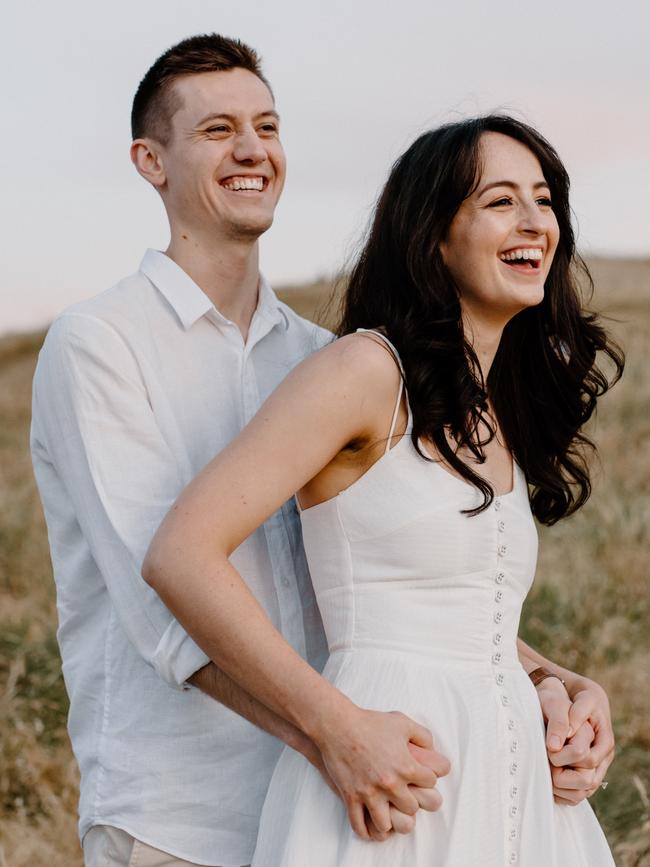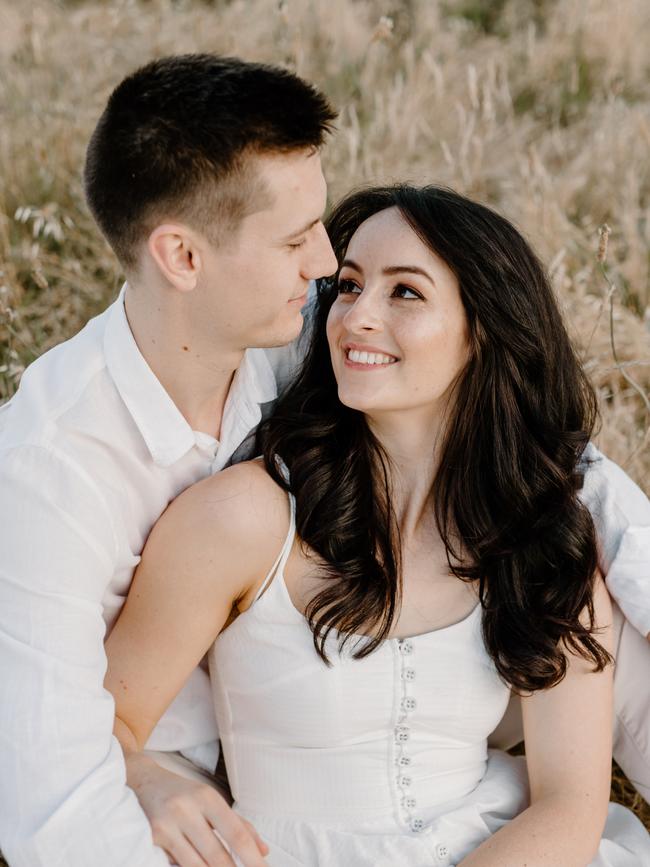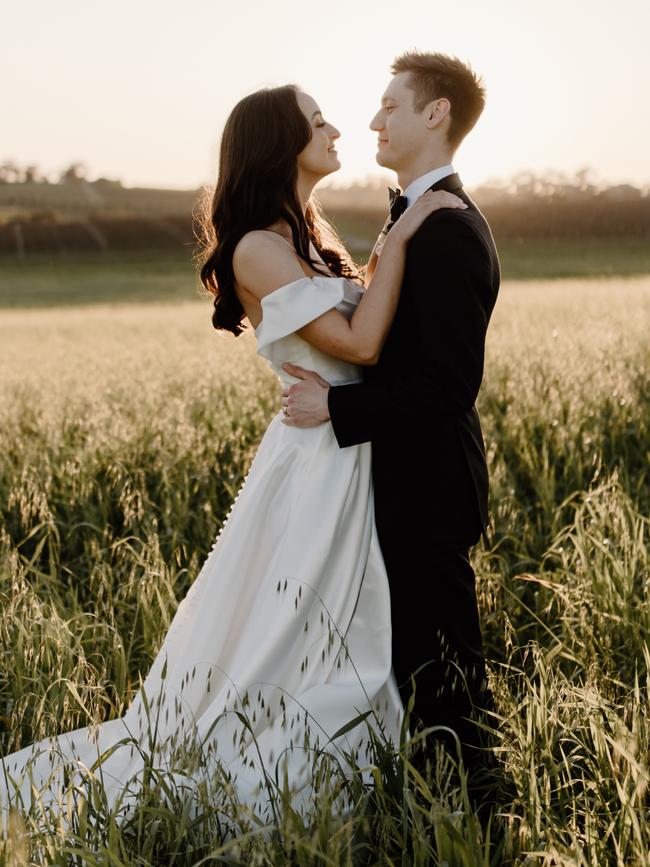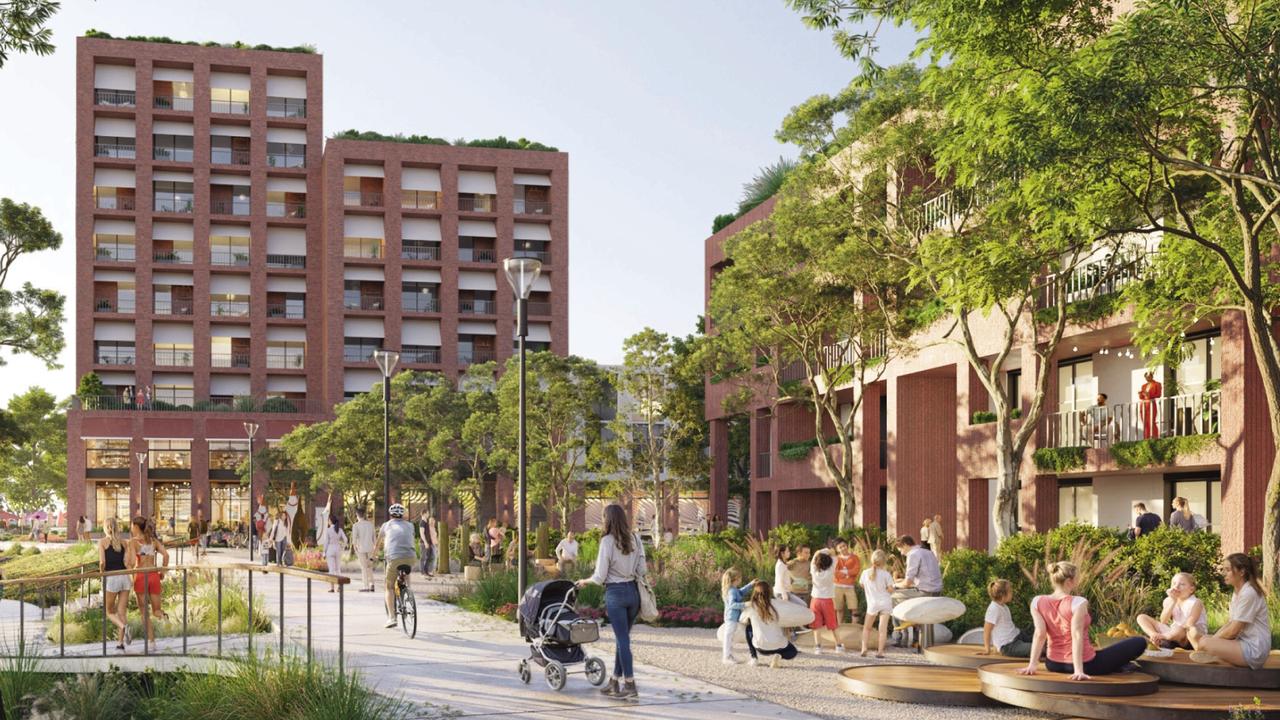Love is due to a brain cocktail as much as a heart throb
Forget the aching heart, sweaty palms and rising pulse rate – romantic love where euphoria puts your partner at the centre of the universe comes down to brain chemistry.
SA News
Don't miss out on the headlines from SA News. Followed categories will be added to My News.
Love may make the heart beat faster but it also triggers wild action in the brain – now researchers including University of South Australia scientists think they know how.
A burst of oxytocin released from the brain’s behavioural activation system combines with dopamine resulting in “romantic love,” when exhilaration abounds and a new partner is put on a pedestal.
Researchers from UniSA, the ANU, and the University of Canberra say it is well known that romantic love changes the brain, releasing the “love hormone” oxytocin, responsible for the euphoria felt when falling in love.
In the study, investigating the link between the human brain’s behavioural activation system and romantic love, researchers surveyed 1556 young adults who identified as being “in love.”
The survey looked at the emotional reaction to their partner, their behaviour around them, and the focus they placed on their loved one above all else.


They found when we are in love, our brain reacts differently – it makes the object of our affections “the centre of our lives,” according to the study published in the journal Behavioural Sciences.
UniSA Adjunct Associate Professor Dr Phil Kavanagh said the study shows romantic love is linked to changes in behaviour as well as emotion.
“We know the role that oxytocin plays in romantic love, because we get waves of it circulating throughout our nervous system and blood stream when we interact with loved ones,” Dr Kavanagh said.
“The way that loved ones take on special importance, however, is due to oxytocin combining with dopamine, a chemical that our brain releases during romantic love.
“Essentially, love activates pathways in the brain associated with positive feelings.”
Georgina and Max Davis felt love blossom on their first date, to the St Ignatius Year 12 formal in 2012 ultimately leading to their wedding last September.
Mrs Davis, 29, of Kensington said: “Max became the centre of my life and I said to my sister Maddie ‘I’m going to marry that man’.
“People talk about soulmates and I could not imagine being with anyone else.”


Mr Davis, 29, said: “Georgie is the centre of my world and has been for the last 12 years, marrying Georgie was the happiest day of my life.”
ANU lead researcher and PhD student Adam Bode said the study sheds light on the mechanisms causing romantic love.
“We actually know very little about the evolution of romantic love,” he said.
“It is thought romantic love first emerged some five million years ago after we split from our ancestors, the great apes.
“We know the Ancient Greeks philosophised about it a lot, recognising it both as an amazing as well as traumatic experience.”
The research now will investigate the differences between men and women in their approach to love, and a worldwide survey identifying four different types of romantic lovers.




